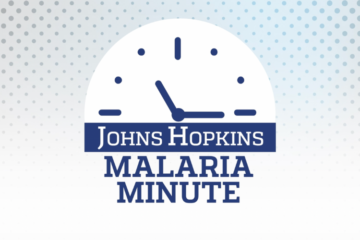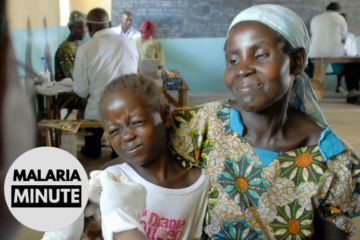The Latest Malaria News, in 60 Seconds.
The combined use of mass drug administration and indoor residual spraying is the most effective way to reduce malaria prevalence in low malaria-endemic settings, and antibodies against PfGARP kill malaria-infected cells by inducing cell death.
Malaria Minute on iTunes and Spotify
Transcript:
The combined use of mass drug administration and indoor residual spraying is the most effective way to reduce malaria prevalence in low malaria-endemic settings. Researchers compared this dual intervention to mass drug administration alone, with reactive case detection as the control. In this study, reactive case detection resulted in 41 cases for every 1000 people whereas the combination of mass drug administration and vector control saw only 25 cases for every 1000 people.
And antibodies against PfGARP, an antigen found on the trophozoite form of the malaria parasite, have been found to kill malaria-infected cells in cultures by inducing cell death. In malaria-endemic areas, children without these antibodies had a greater risk of severe malaria, and adults without the antibodies had twice the number of malaria parasites in their bloodstream. These antibodies could, therefore, be an avenue for a new vaccine.
Sources:
Anti-PfGARP Activates Programmed Cell Death of Parasites and Reduces Severe Malaria
Image Credits: U.S. President’s Malaria Initiative [Flickr]
Scientific Advisor: Katharine Collins, Radboud University Medical Centre


